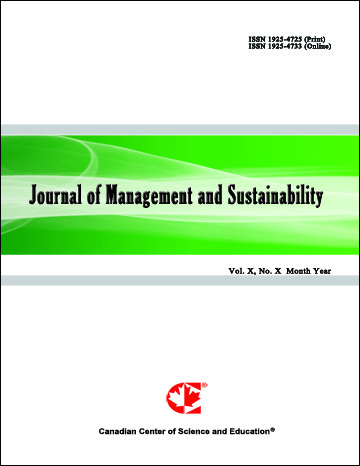Analyzing the Impact of Socio-Demographic Factors, Linguistic Factors, and Level of Education on Immigrants’ Economic Integration in Canada
- Sana Hayat
- Philip Bigelow
- Su-Yin Tan
Abstract
This study undertakes a critical examination of the intersectionality of socio-demographic factors, linguistic proficiency, and educational attainment on the economic integration of immigrants in Canada, grounded in the theoretical framework of critical race theory. Through empirical analysis, this research investigates the mediating role of linguistic and educational factors in shaping the employment outcomes of immigrant populations, providing valuable insights for policymakers, researchers, and practitioners seeking to promote more effective integration strategies and address the disparities between immigrant groups and the native-born population. By utilizing data from the Longitudinal Immigration Database (IMDB) and employing a linear regression analysis model, this study examines the complex relationships between socio-demographic factors, linguistic proficiency and the economic integration of immigrants in Canada. The findings of this study highlight the significant impact of linguistic and educational factors on the economic integration of immigrants, underscoring the need for targeted language training programs and policies that cater to the diverse educational needs of immigrant groups, thereby promoting greater economic inclusion and social mobility for all immigrant groups.
- Full Text:
 PDF
PDF
- DOI:10.5539/jms.v15n1p63
Journal Metrics
Google-based Impact Factor (2021): 1.54
h-index (July 2022): 37
i10-index (July 2022): 147
h5-index (2017-2021): 12
h5-median (2017-2021): 19
Index
- Academic Journals Database
- ANVUR (Italian National Agency for the Evaluation of Universities and Research Institutes)
- CAB Abstracts
- CNKI Scholar
- EconBiz
- Excellence in Research for Australia (ERA)
- GETIT@YALE (Yale University Library)
- Harvard Library
- HeinOnline
- Infotrieve
- JournalTOCs
- LOCKSS
- MIAR
- PKP Open Archives Harvester
- RePEc
- Scilit
- SHERPA/RoMEO
- Stanford Libraries
- UCR Library
Contact
- Evelyn XiaoEditorial Assistant
- jms@ccsenet.org
